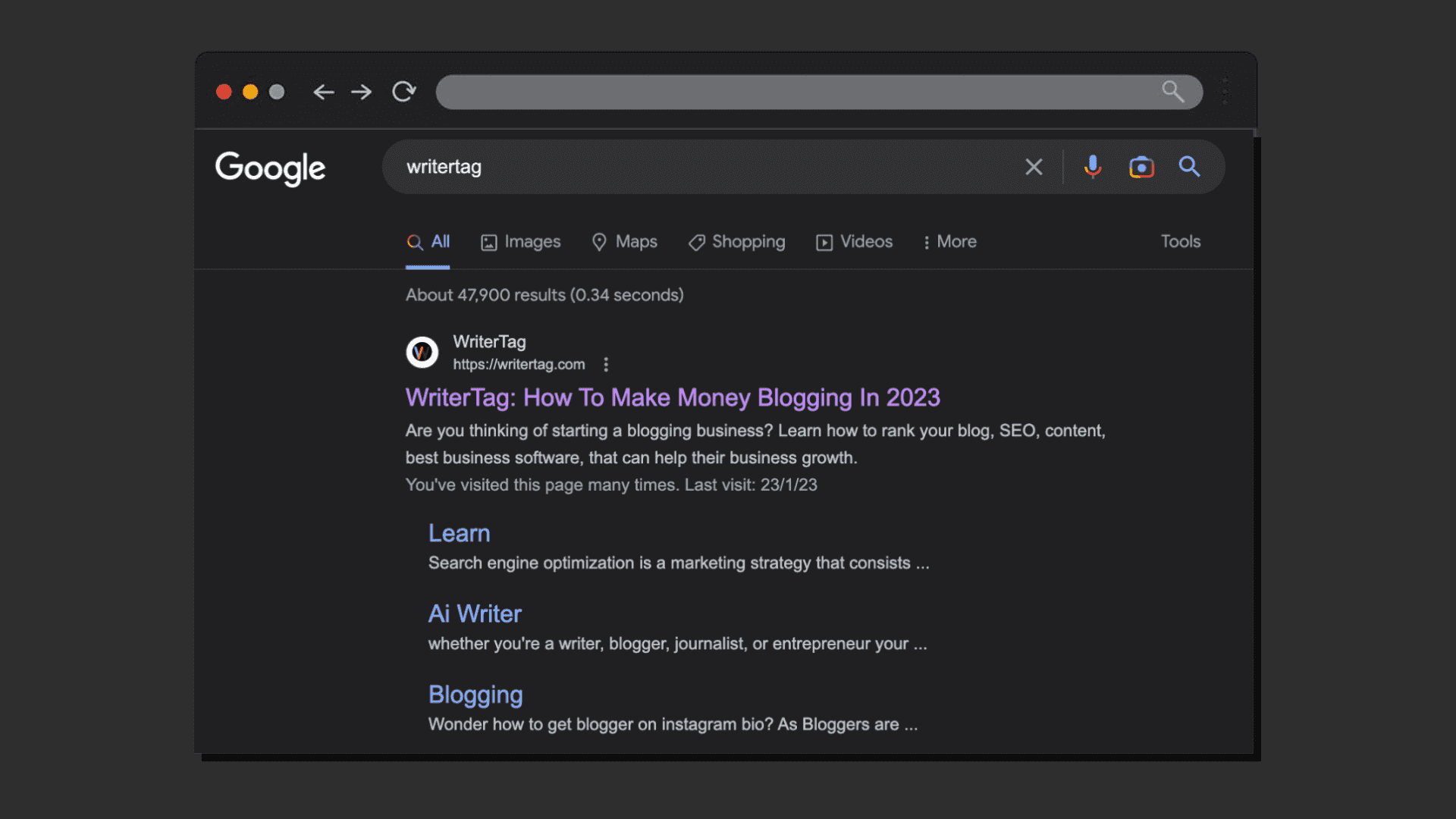As bloggers, we are often focused on optimizing our content for Google to increase our visibility and attract more readers. However, there is a whole world of alternative search engines that we can explore to expand our reach and connect with new audiences.
In this article, we will delve into the world beyond Google and explore alternative search engines that bloggers can leverage to enhance their online presence.
Looking to expand your blog’s reach beyond Google? This article explores alternative search engines that can help you attract new readers and diversify your traffic sources. From privacy-focused DuckDuckGo to Bing’s unique ranking factors, each search engine offers its own advantages. YouTube, Ecosia, and niche/vertical search engines like Zillow and MedlinePlus are also discussed.
Key takeaways:
- Explore alternative search engines to reach new audiences
- Optimize content for each search engine’s unique features
- YouTube is the second largest search engine; create engaging videos to drive traffic
- Ecosia plants trees with its profits; support their mission and increase visibility
- Consider niche/vertical search engines to target specific audiences
- Diversify your SEO efforts beyond Google for maximum online visibility.
The dominance of Google in the search engine market
Google is undoubtedly the king of search engines, holding a significant market share globally. Its algorithms and ranking factors heavily influence how we optimize our content. However, relying solely on Google may limit our potential audience reach and overlook unique opportunities.
By exploring alternative search engines, we can tap into niche markets, connect with specific demographics, and leverage different ad formats. It allows us to diversify our traffic sources, reduce dependency on a single search engine, and potentially increase organic search traffic.
Let’s now dive into some popular alternative search engines that bloggers can consider incorporating into their optimization strategies. We will discuss their unique features, advantages, and best practices for effective
DuckDuckGo: Privacy-Focused Search Engine
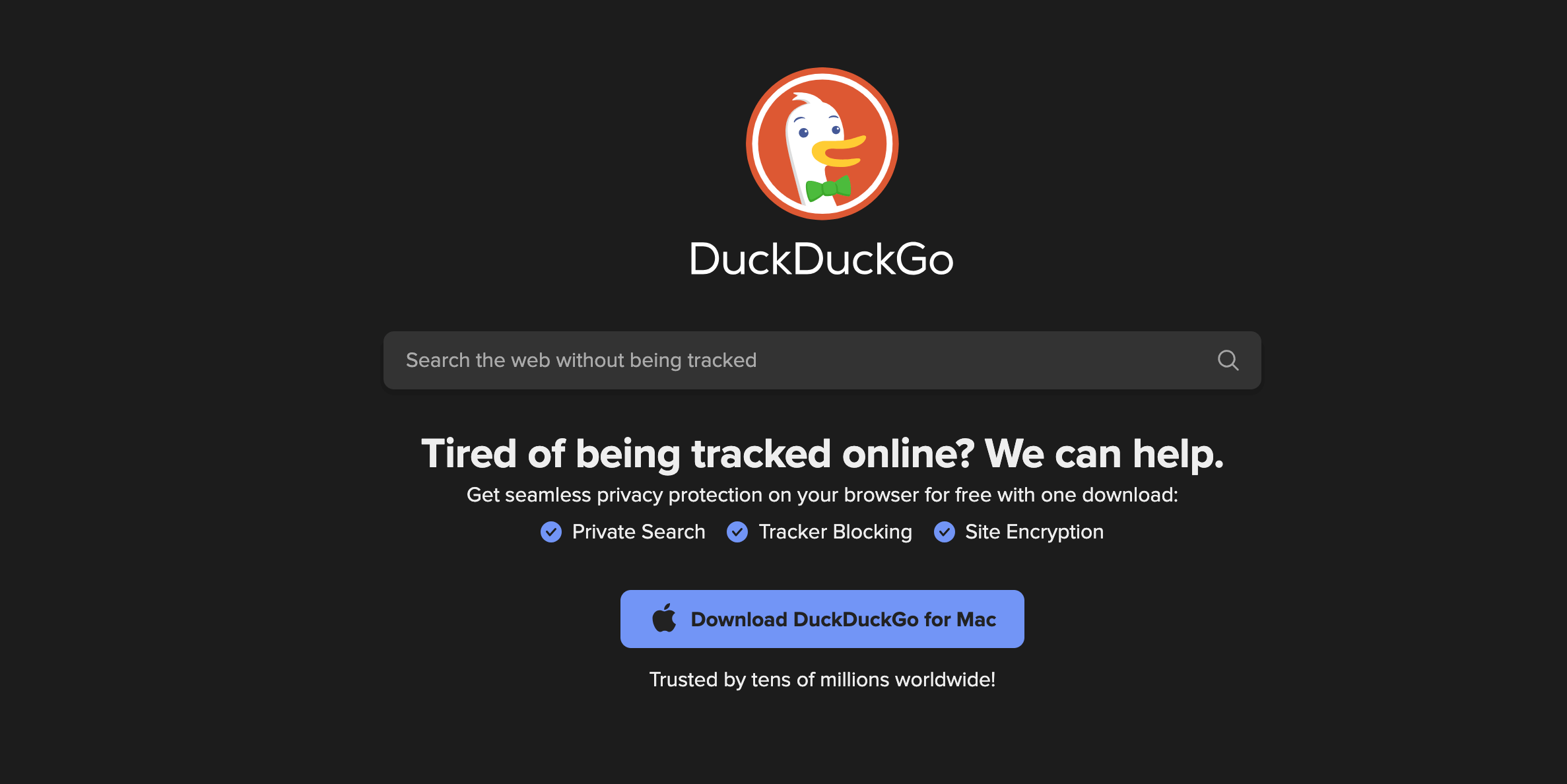
Overview of DuckDuckGo and its emphasis on user privacy
DuckDuckGo is a search engine that prioritizes user privacy. It differentiates itself from other search engines by not collecting or storing personal information about its users. This makes it an attractive option for those concerned about their online privacy.
Unlike Google and other search engines that track user behavior and collect data for targeted advertising, DuckDuckGo operates on a principle of anonymity. It doesn’t track or personalize search results based on a user’s previous search history or location.
Optimizing blog content for DuckDuckGo
If you’re a blogger looking to optimize your content for DuckDuckGo, there are a few strategies you can employ:
- Focus on high-quality, relevant content: DuckDuckGo prioritizes relevance and user-friendly experiences over traditional SEO tactics. This means creating high-quality blog posts that provide valuable and informative content for your audience.
- Use relevant keywords: While DuckDuckGo doesn’t prioritize keyword density like some other search engines, it’s still important to use relevant keywords in your blog posts. This helps DuckDuckGo understand the topic of your content and improve its visibility in search results.
- Emphasize user experience: DuckDuckGo values user experience and places importance on website speed, mobile-friendliness, and ease of navigation. Make sure your blog is optimized for mobile devices and provides a seamless browsing experience for users.
- Build backlinks: While backlinks may not be as crucial for DuckDuckGo’s ranking algorithm, they can still improve the visibility of your blog in search results. Focus on acquiring high-quality backlinks from reputable sources to enhance your blog’s authority.
In conclusion, optimizing your blog content for DuckDuckGo involves providing valuable and relevant content, using relevant keywords, prioritizing user experience, and building high-quality backlinks. By following these strategies, you can increase the visibility of your blog in DuckDuckGo’s search results and tap into its user base.
Bing: Microsoft’s Search Engine
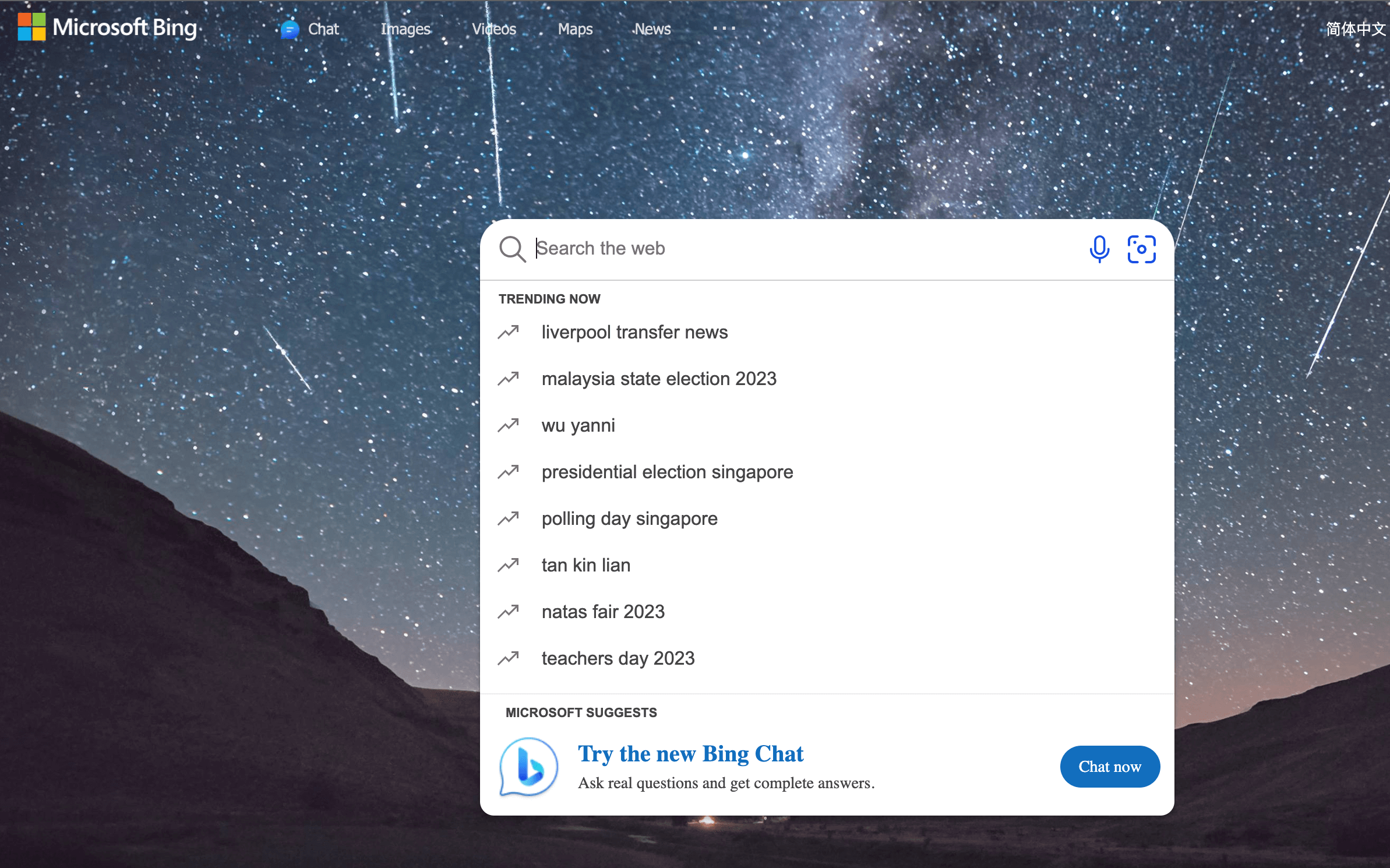
Bing is a search engine developed by Microsoft that serves millions of users every day. While Google may dominate the search engine market, Bing still holds a significant share, particularly in terms of voice-assisted searches. It is important for marketers to optimize their content for Bing in order to reach a wider audience.
Understanding Bing’s ranking factors and algorithm
Bing’s ranking factors and algorithm are similar to Google’s BERT algorithm. Both search engines prioritize relevant and high-quality content that matches the user’s query. However, there are some differences that marketers should be aware of when optimizing for Bing.
- Exact keyword matching: Bing places more emphasis on exact keyword matching in page titles, meta descriptions, and web content. It is important to include targeted keywords in these elements to improve rankings on Bing.
- Domain authority: Bing considers the domain authority (DA) of a website when determining search rankings. Older domains and those with authoritative top-level domains (TLDs) tend to be given more weight by Bing’s algorithm.
- Social signals: Unlike Google, Bing takes into account social signals such as social media shares and interactions when ranking content. Popular and shared content on social media may perform better on Bing’s search results.
Strategies for optimizing blog content for Bing
Here are some strategies to optimize your blog content specifically for Bing:
- Use exact keywords: Incorporate targeted keywords in page titles, meta descriptions, headers, and within the first paragraph of your content to improve visibility on Bing.
- Build domain authority: Focus on improving the authority of your website by earning high-quality backlinks from reputable sources and maintaining a strong online presence.
- Encourage social sharing: Make sure your content is easily shareable on social media platforms to increase its visibility and potential for higher rankings on Bing.
- Optimize for local search: Claim and optimize your business listing on Bing Places to improve your local SEO rankings. Bing also considers location as a ranking factor, so make sure your content is relevant to the local audience.
As a blogger, you know how important it is to generate traffic to your website. While Google is the go-to search engine for most users, there are other alternative search engines that can help maximize your blog’s visibility and attract valuable readers.
Top 5 AI Writer for In 2025
Discover the top 5 AI writers that can help you create SEO optimized articles to achieve higher rankings in SERP. From thorough analysis to skillfully crafting content, these AI writers have got you covered.
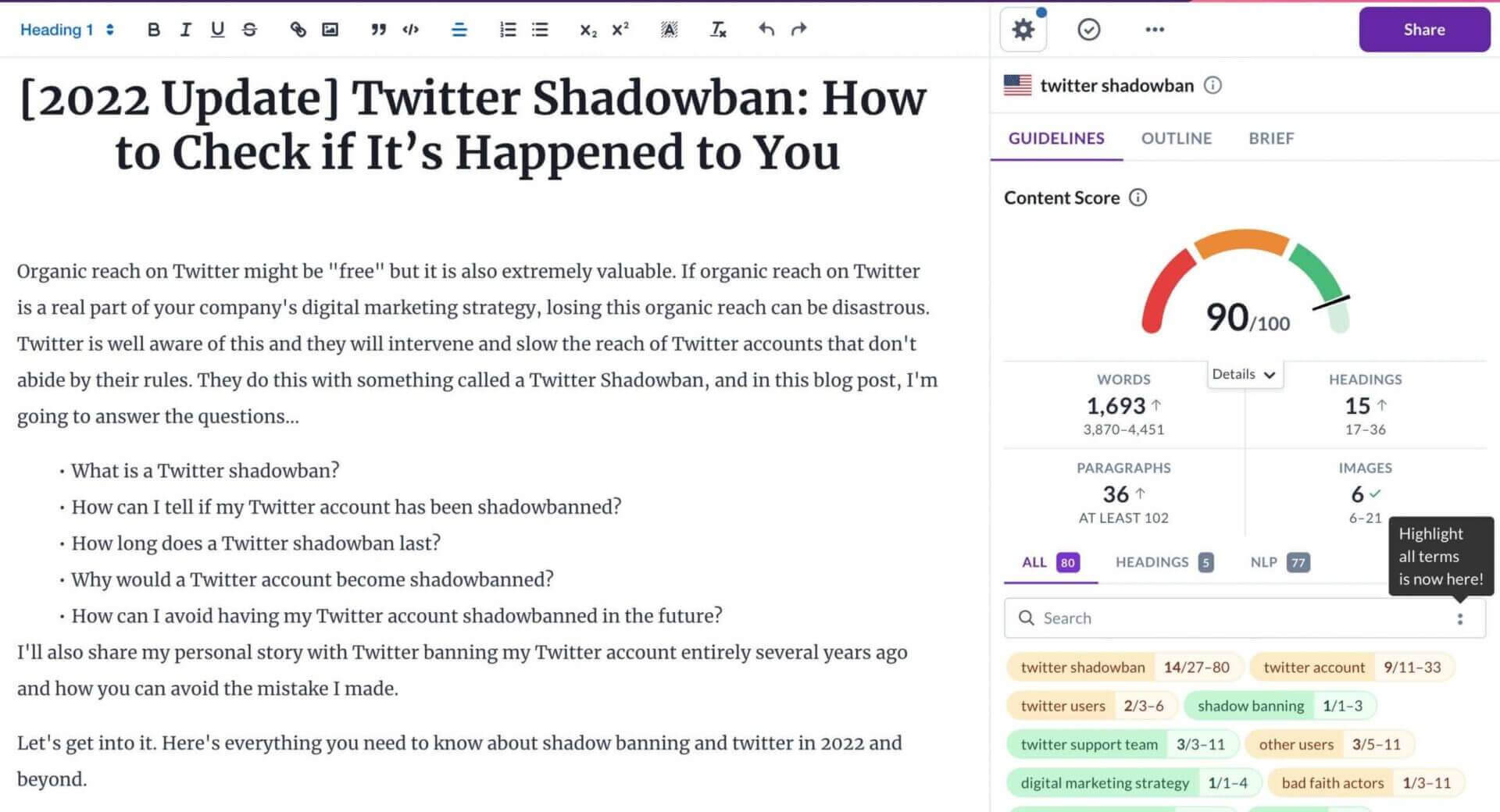
#1 Surfer SEO
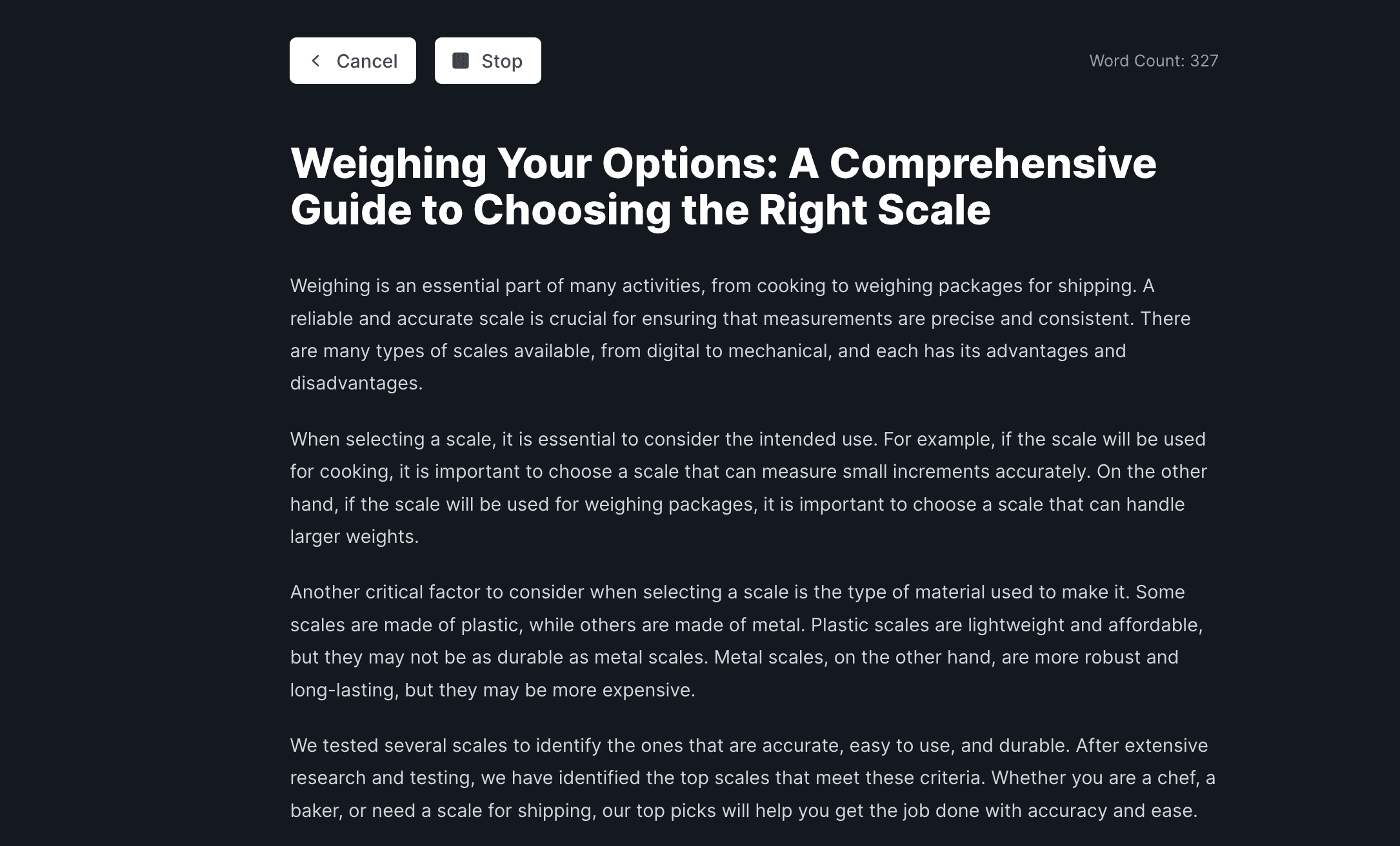
#2 Koala AI Writer
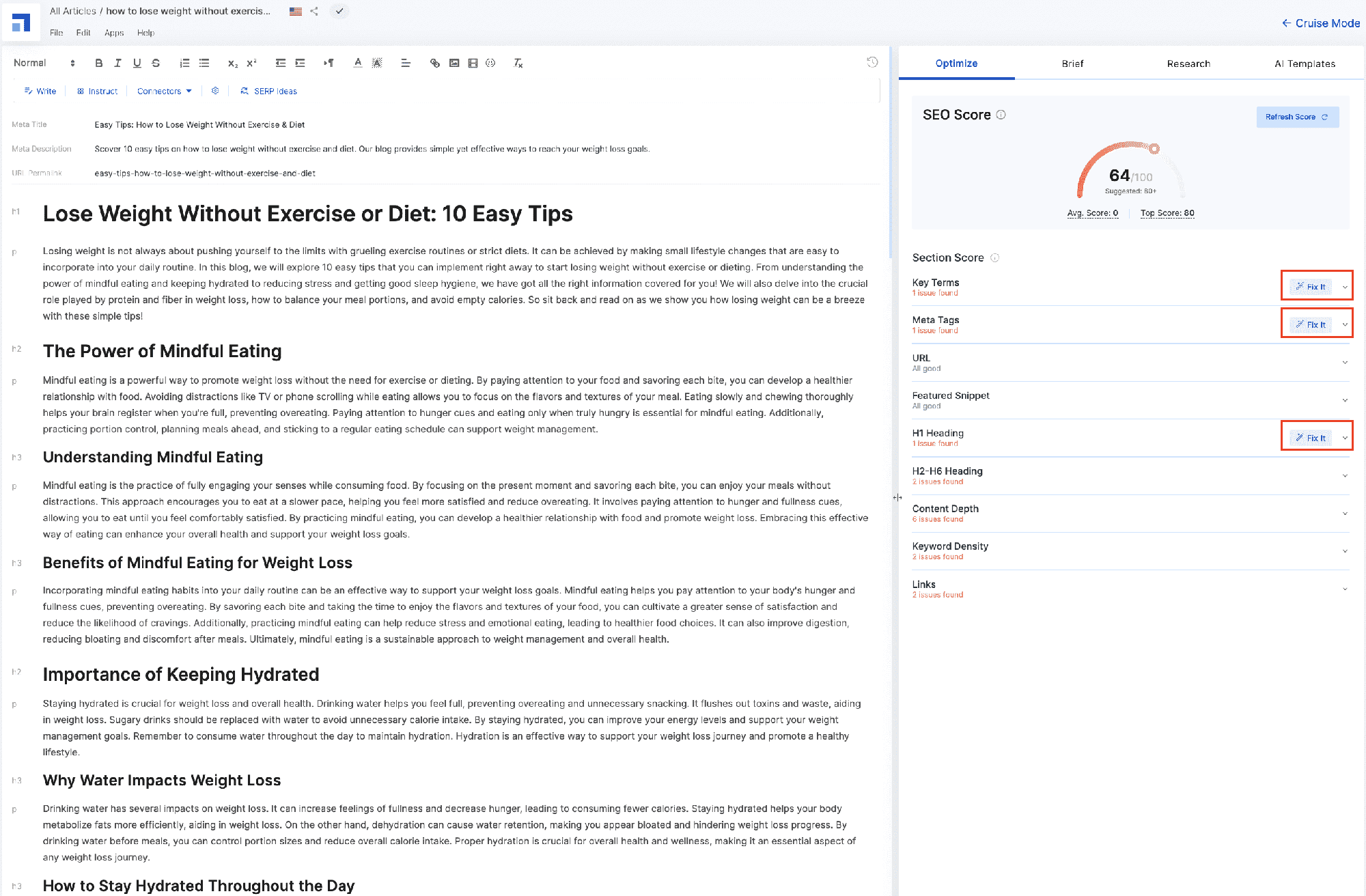
#3 Scalenut

#4 Katteb Ai
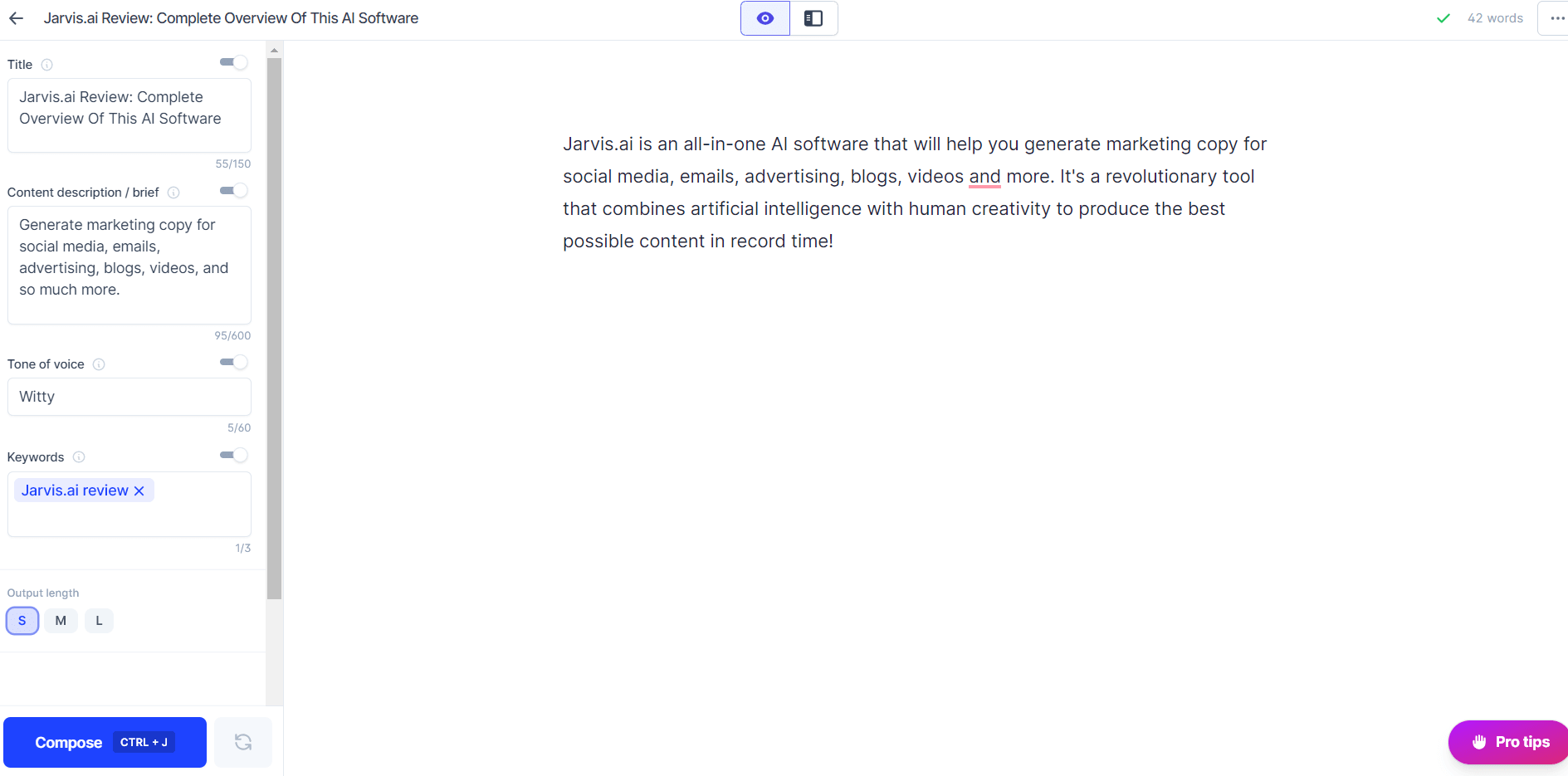
#5 Jasper Al
YouTube: The Second Largest Search Engine
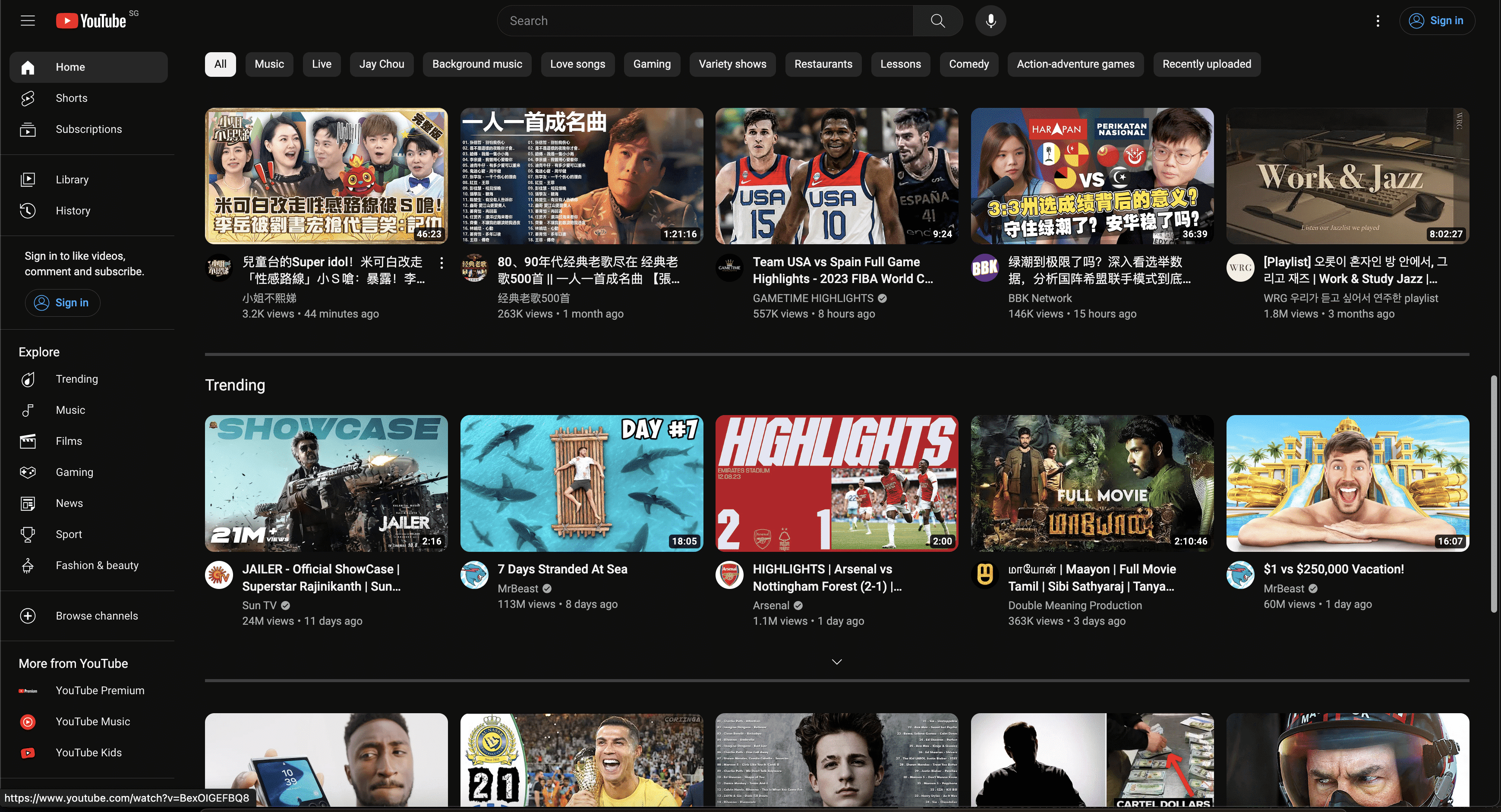
Did you know that YouTube is the second largest search engine globally? With millions of users searching for video content every day, YouTube presents a unique opportunity for bloggers to drive traffic to their website. By creating engaging and informative videos related to your blog topics, you can tap into the massive user base on YouTube and direct them to your blog for more in-depth content.
The power of video content and YouTube for bloggers
Video content is highly engaging and has the potential to capture the attention of users more effectively than traditional text-based content. By leveraging the power of video, you can provide valuable information to your audience in a visually appealing and easily consumable format. This not only helps you stand out from other bloggers but also allows you to connect with your audience on a deeper level.
Optimizing YouTube videos to drive traffic to your blog
To maximize the impact of your YouTube videos, it’s important to optimize them for search engine visibility. This includes conducting keyword research to understand what terms users are searching for and incorporating those keywords in your video titles, descriptions, and tags. Additionally, promoting your blog within the video itself or in the video description can drive viewers back to your website for more content.
In conclusion, don’t limit yourself to Google alone when it comes to driving traffic to your blog. Exploring alternative search engines like YouTube can help you tap into new audiences and increase your blog’s visibility. By creating engaging and optimized videos, you can attract valuable readers to your blog and establish yourself as a trusted authority within your niche.
Ecosia: Search Engine with Environmental Impact
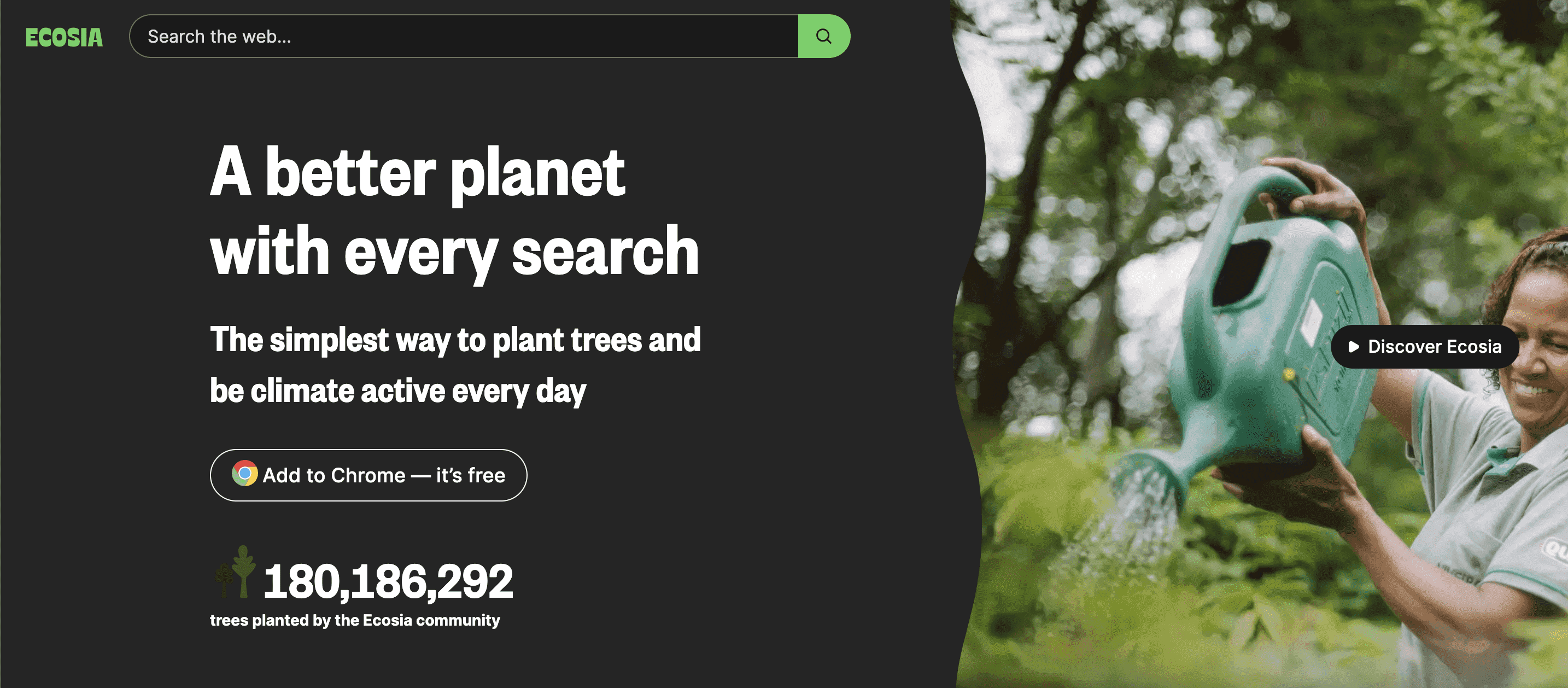
Exploring Ecosia’s tree planting initiatives and sustainability focus
When it comes to search engines, Google is the undisputed leader. However, for bloggers looking to make a positive impact on the environment while still getting reliable search results, Ecosia is a great alternative to consider. Ecosia is a search engine that plants trees with its profits, making it a sustainable choice for bloggers who want to support reforestation efforts.
Ecosia uses its advertising revenue to fund tree planting projects around the world. By using Ecosia as your search engine, you can contribute to these initiatives and help combat deforestation and climate change. Ecosia has already planted millions of trees in countries like Brazil, Senegal, and Indonesia, and their efforts continue to expand.
How bloggers can support Ecosia’s mission and increase visibility
As a blogger, you can easily start using Ecosia as your primary search engine and encourage your readership to do the same. By promoting Ecosia on your blog or social media platforms, you can raise awareness about their mission and encourage others to make the switch.
Additionally, Ecosia offers browser extensions that enable users to make Ecosia their default search engine. By recommending these extensions to your readers, you can help them easily integrate Ecosia into their browsing habits and contribute to tree planting efforts.
Beyond supporting a worthy cause, using Ecosia can also increase your blog’s visibility. As more people become aware of the environmental impact of their online activities, they may actively seek out bloggers who align with their values. By showcasing your support for Ecosia, you can attract environmentally conscious readers who appreciate your commitment to sustainability.
Ecosia offers bloggers an opportunity to be socially and environmentally responsible while still accessing reliable search results. By using Ecosia and promoting it to your audience, you can contribute to tree planting initiatives and increase your blog’s visibility. Consider making the switch today and be part of the movement for a greener future.
Niche and Vertical Search Engines
When it comes to search engines, Google is undoubtedly the king. With its vast index of web pages and sophisticated algorithms, it provides users with highly relevant search results. However, for bloggers looking to target specific niches or vertical markets, exploring alternative search engines can be beneficial. These specialized search engines focus on specific industries, topics, or types of content, allowing bloggers to reach a more targeted audience and potentially gain more visibility for their content.
Exploring niche and vertical search engines for specific blog topics
If you have a blog that caters to a specific niche or industry, it can be advantageous to explore niche and vertical search engines that are tailored to your target audience. Here are a few examples:
- Ecosia: Ecosia is a search engine that focuses on sustainability and environmental issues. If your blog covers topics related to the environment, nature, or eco-friendly living, submitting your website to Ecosia can help you gain visibility among like-minded individuals who are passionate about these subjects.
- Zillow: If you have a real estate or home-related blog, Zillow can be an excellent platform to target potential readers who are looking for properties or valuable real estate information. By optimizing your content for Zillow’s search engine, you can attract an audience that is specifically interested in buying or selling homes.
- MedlinePlus: MedlinePlus is a popular vertical search engine that focuses on health and medical information. If your blog covers health topics or offers medical advice, ensuring that your content is indexed by MedlinePlus can help you reach individuals who are actively searching for reliable and trustworthy health information.
- Etsy: Bloggers who run an arts and crafts blog may find value in optimizing their content for Etsy’s internal search engine. By targeting keywords related to handmade items, unique crafts, or specific art techniques, you can attract potential readers who are interested in these topics and may also be interested in purchasing related products on Etsy.
While Google remains the dominant player in the search engine market, exploring alternative search engines can help you target specific niches or vertical markets and potentially increase your blog’s visibility among a more targeted audience. By understanding your audience and their search habits, you can optimize your content for these specialized search engines and drive more traffic to your blog.
Conclusion
In conclusion, branding your business is crucial for differentiating yourself from competitors and becoming more recognizable to your target audience. By investing in your brand identity and creating a strong and reliable image, you can stay relevant in a competitive market.
The importance of diversifying SEO efforts beyond Google
While Google remains the dominant search engine, there are several alternative platforms that offer unique opportunities for improved SEO results. Bing, DuckDuckGo, Ecosia, Yandex, Baidu, Amazon, YouTube, and social media platforms all have their own ranking algorithms and features that businesses can leverage to enhance their SEO strategies.
By optimizing for these alternative search engines, businesses can tap into different markets and reach specific audiences. This diversification can help boost online visibility and maximize the effectiveness of SEO efforts.
It’s essential for businesses to explore beyond Google and take advantage of the opportunities presented by these alternative search engines. By understanding their unique ranking factors and optimizing accordingly, businesses can improve their rankings, reach their target audience, and strengthen their overall online presence.
In today’s digital landscape, it’s no longer enough to focus solely on Google. By expanding your SEO strategies to include these alternative search engines, you can stay ahead of the competition and achieve greater success in your online marketing

